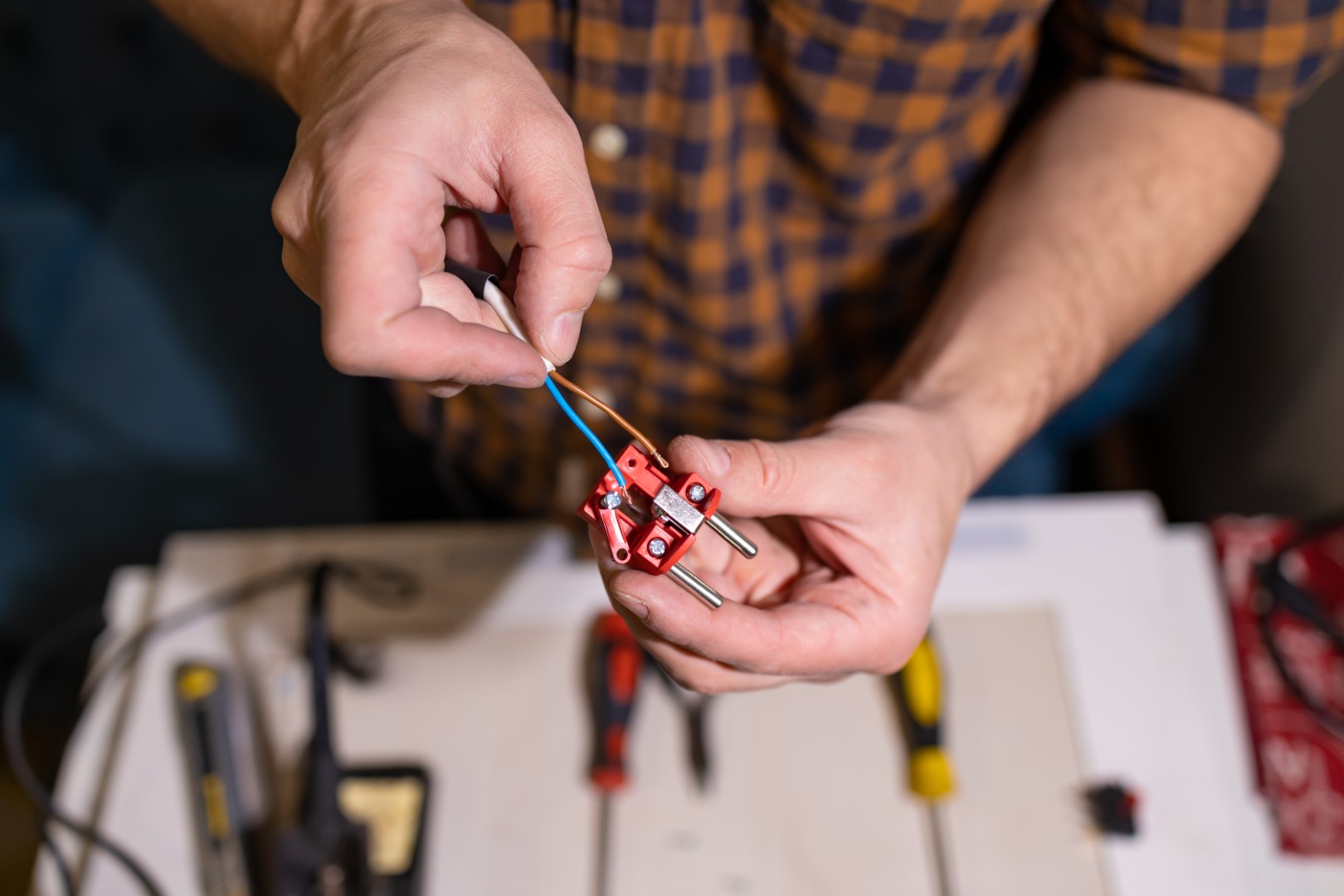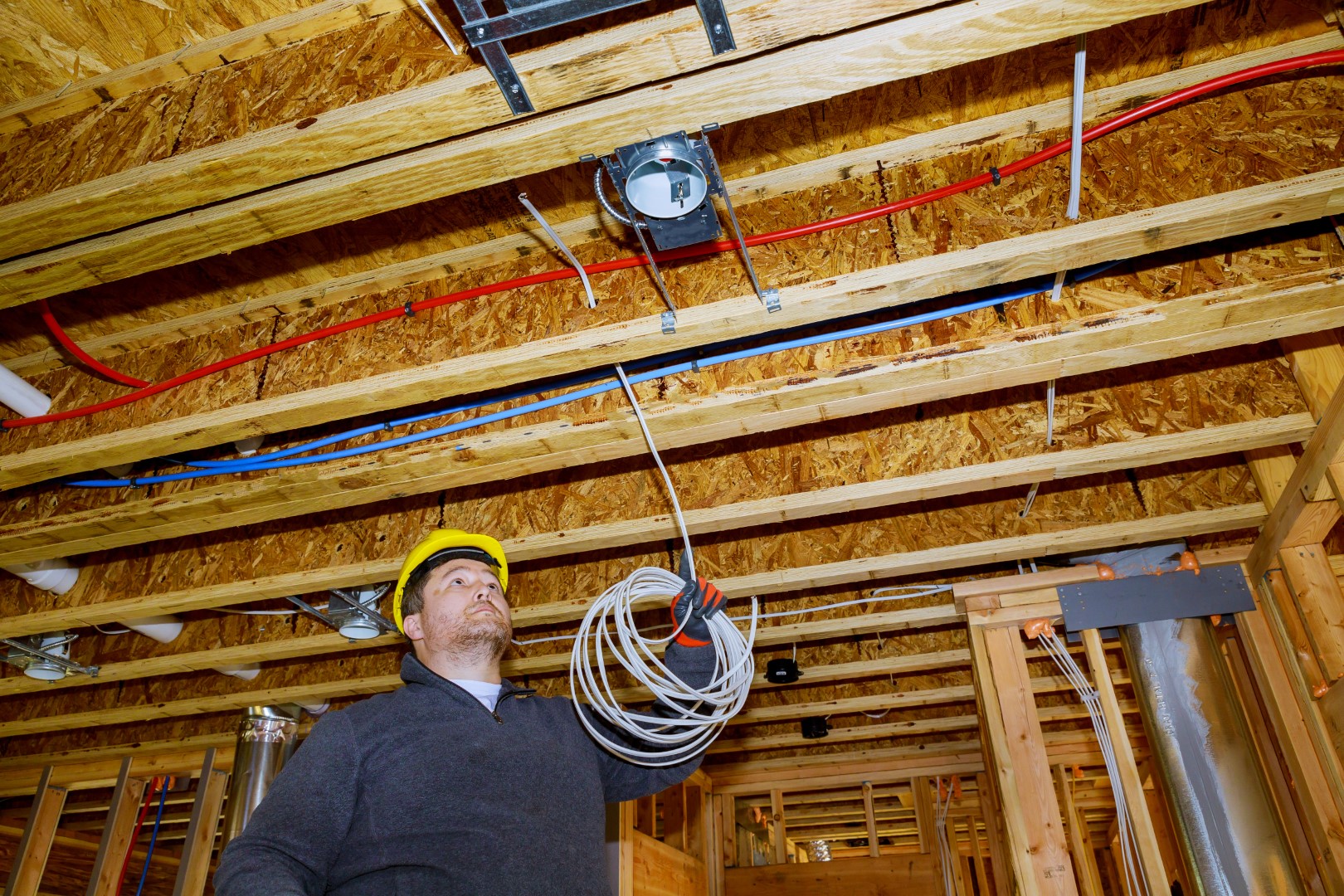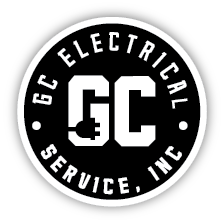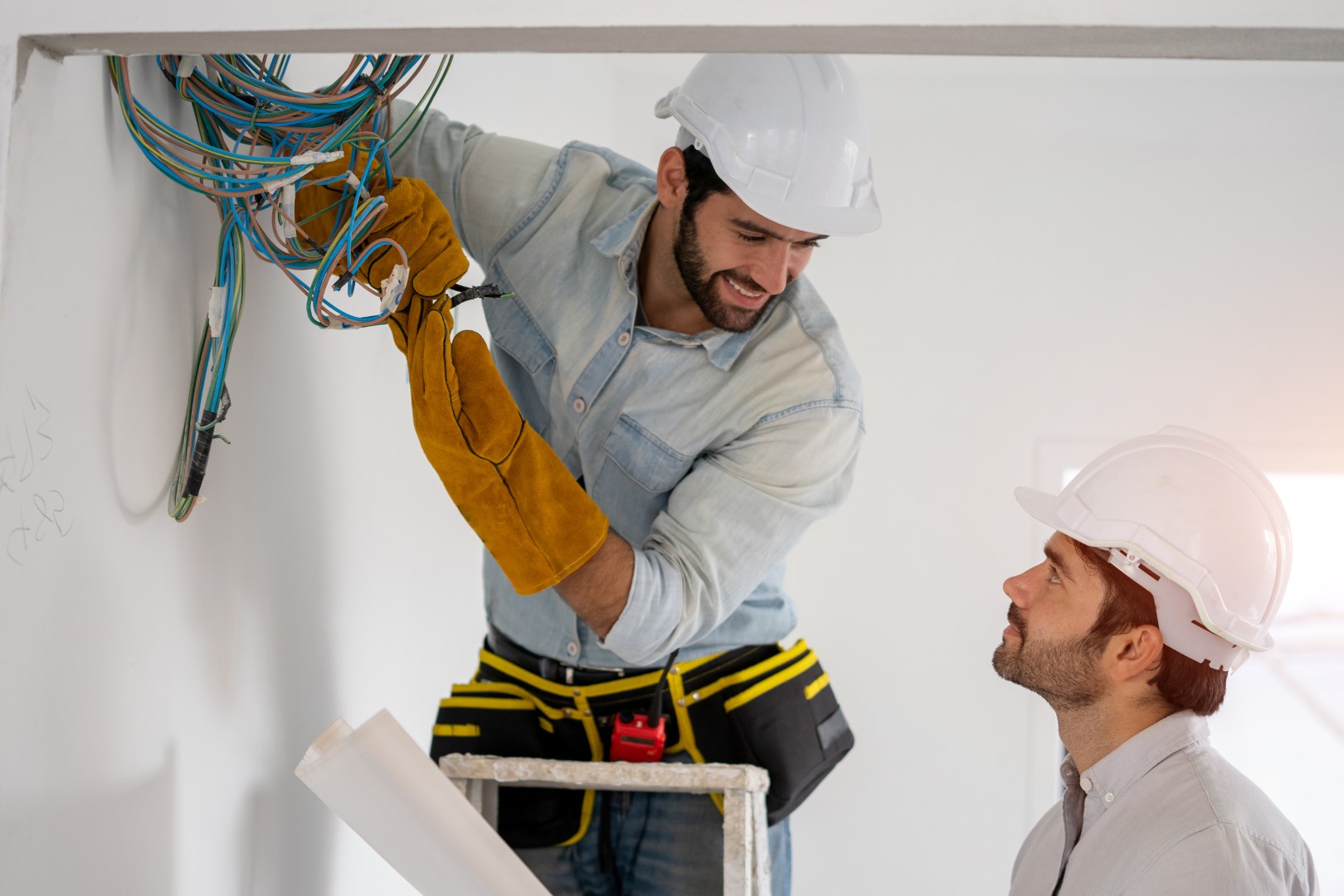Maintaining the electrical system in your home is crucial for ensuring safety, efficiency, and convenience. Over time, electrical wiring can become outdated or damaged, posing serious risks such as fires, electrical shocks, and power outages. Rewiring your home can be a significant investment, but it’s essential for protecting your property and loved ones. This comprehensive guide will help you understand the signs that indicate your home may need to be rewired, the benefits of rewiring, and the process involved.
Understanding Electrical Wiring
Before discussing the signs that your home needs rewiring, it’s important to understand the purpose of electrical wiring. Electrical wiring refers to the network of wires, cables, and other components that distribute electricity throughout your home. This system powers your lights, appliances, and electrical outlets, making it a critical part of your home’s infrastructure.
Types of Electrical Wiring
Understanding the different types of electrical wiring is crucial for recognizing potential issues in your home's electrical system. Each type of wiring has its characteristics, benefits, and drawbacks. Familiarizing yourself with these types can help you identify outdated or unsafe wiring that may need to be replaced.
Knob and Tube Wiring
Knob and tube wiring is one of the oldest types of wiring, commonly found in homes built before the 1950s. It consists of ceramic knobs and tubes that hold copper wires in place. While it was standard for its time, knob and tube wiring lacks the safety features of modern systems and is not suitable for today's electrical demands.
Aluminum Wiring
Popular in the 1960s and 1970s, aluminum wiring was used as a cost-effective alternative to copper. However, aluminum is more prone to fires due to its tendency to expand and contract, leading to loose connections and overheating.
Copper Wiring
Copper wiring is the most common and preferred type of wiring today. It is durable, efficient, and safe. It handles higher electrical loads and has better conductivity than aluminum.
Signs Your Home Needs to Be Rewired
Recognizing the signs that your home needs rewiring can prevent potential hazards and improve the functionality of your electrical system. Here are some key indicators to watch for:
Frequent Electrical Surges
If you experience frequent electrical surges, it could be a sign that your wiring is deteriorating. Faulty wiring, damaged power lines, or outdated electrical panels can cause surges. While occasional surges may not be alarming, frequent occurrences can damage your appliances and indicate a deeper problem with your electrical system.
Flickering or Dimming Lights
Flickering or dimming lights are often a symptom of overloaded circuits or loose wiring connections. If you notice this issue when using multiple appliances or turning on lights, it’s clear that your wiring may need to be updated to handle the load more efficiently.
Burning Smell or Scorch Marks
Burning smells or scorch marks around outlets, switches, or electrical panels are warning signs of electrical issues. These can indicate overheating wires or faulty connections, which pose a significant fire risk. If you notice any burning odors or visible damage, it’s essential to have your wiring inspected immediately.
Frequent Tripped Circuit Breakers
Circuit breakers trip when there’s an overload or short circuit, preventing electrical fires. However, if your circuit breakers trip frequently, it could be a sign that your wiring is struggling to meet the electrical demand. A tripped circuit breaker can happen in older homes with outdated wiring that isn't up to date to support modern appliances.
Outdated Wiring
If your home still has knob and tube or aluminum wiring, it’s time to consider rewiring. These older systems are inefficient and unsafe by today’s standards. Upgrading to modern copper wiring can improve safety, energy efficiency, and overall electrical performance.
Discolored or Warm Outlets and Switches
Outlets and switches that appear discolored or warm to the touch can indicate wiring problems. Discoloration is often caused by overheating, which can result from loose connections or damaged wiring. Warm outlets and switches indicate excessive electrical load or poor wiring, requiring immediate attention.

Buzzing or Crackling Sounds
Unusual sounds like buzzing or crackling from your outlets, switches, or electrical panel are signs of faulty wiring. These noises can indicate loose connections, frayed wires, or other issues that must be addressed to prevent potential hazards.
Lack of Grounded Outlets
Modern homes are equipped with grounded outlets with three prongs, which provide an extra layer of safety by directing electrical surges into the ground. If your home has many two-pronged outlets, it's a sign that your electrical system is outdated and should be upgraded to include proper grounding.
Age of the Home
Homes built more than 40 years ago are likely to have outdated electrical systems that can’t handle the demands of modern appliances and electronics. If your home is older, it's worth having an electrician inspect its wiring to determine if it needs to be updated.
Benefits of Rewiring Your Home
Rewiring your home offers numerous benefits beyond improved safety. Here are some key advantages:
Enhanced Safety
The most significant benefit of rewiring is enhanced safety. Outdated or damaged wiring is a leading cause of electrical fires. Upgrading your wiring reduces the risk of fire and electrical shocks, ensuring a safer environment for your family.
Increased Energy Efficiency
Modern wiring systems handle the electrical demands of today’s appliances more efficiently. Rewiring your home can reduce energy waste, lower your utility bills, and improve the overall efficiency of your electrical system.
Improved Electrical Performance
Rewiring can eliminate flickering lights, frequent circuit breaker trips, and insufficient power supply. Upgrading your wiring ensures that your electrical system can handle the load of modern appliances and electronics, providing more reliable performance.
Increased Home Value
Rewiring your home can increase its value and appeal to potential buyers. Prospective buyers are often concerned about the safety and reliability of a home’s electrical system, so a modern, updated wiring system can make your home more attractive.
Compliance With Electrical Codes
Building codes and electrical standards have evolved to enhance safety and efficiency. Rewiring your home ensures that your electrical system complies with current codes, reducing the risk of code violations and potential fines.
Future-Proofing Your Home
As technology advances, the electricity demand will only increase. Rewiring your home prepares it for future electrical needs, ensuring that your system can accommodate new technologies and appliances without needing constant upgrades.
The Rewiring Process
Rewiring a home is a complex process that a licensed electrician should always perform. Here’s an overview of what to expect during the rewiring process:
1. Initial Inspection
The first step is a thorough inspection of your current electrical system. The electrician will assess the condition of your wiring, outlets, switches, and electrical panel. They will also evaluate your electrical load and identify any potential hazards.
2. Planning and Permits
Once the inspection is complete, the electrician will create a detailed plan for rewiring your home. This plan will outline the scope of work, including the placement of new wires, outlets, switches, and the electrical panel. The electrician will also obtain any necessary permits required by local building codes.
3. Preparing the Home
Before the rewiring begins, the electrician will prepare your home by removing old wiring and making necessary openings in walls, floors, and ceilings. This step may involve demolition and drywall removal to access the wiring.
4. Installing New Wiring
The next step is installing the new wiring. The electrician will run new wires throughout your home, connecting them to outlets, switches, and the electrical panel. They will ensure that all connections are secure and meet current electrical codes.
5. Upgrading the Electrical Panel
In many cases, rewiring your home involves upgrading the electrical panel. The electrician will install a new panel to handle the increased electrical load and provide sufficient power for all your appliances and electronics.
6. Testing and Inspection
Once the wiring and electrical panel are installed, the electrician thoroughly tests the system to ensure everything works correctly and safely. They check for loose connections, proper grounding, and overall functionality. A final inspection by a local building inspector may also be required to ensure code compliance.
7. Restoration
After the rewiring is complete and everything functions correctly, the electrician will restore any areas opened during the process. Restoration may involve patching drywall, painting, and cleaning the work area.

Choosing the Right Electrician
Selecting the right electrician is crucial for a successful rewiring project. Here are some tips to help you choose a qualified professional:
Check Credentials
Ensure the electrician is licensed, insured, and bonded. A licensed electrician has the necessary training and experience to perform the job safely and correctly.
Look for Experience
Choose an electrician with experience in residential rewiring projects. Experienced electricians are more likely to handle the complexities of the job efficiently and effectively.
Ask for References
Request references from previous clients and follow up with them to gauge their satisfaction with the electrician’s work. Positive feedback from past clients is a good indicator of the electrician’s reliability and quality of work.
Get Multiple Quotes
Obtain quotes from several electricians to compare prices and services. Be wary of significantly low quotes, as they may indicate subpar work or the use of inferior materials.
Review Contracts Carefully
Before signing a contract, review it carefully to ensure it includes all the project details, including the scope of work, materials to be used, timeline, and payment terms.
The Importance of Knowing When to Rewire Your Home
Knowing when your home needs to be rewired is essential for maintaining a safe and efficient electrical system. By recognizing the signs of outdated or damaged wiring, you can take proactive steps to address potential hazards and improve the overall performance of your electrical system. Rewiring your home offers numerous benefits, including enhanced safety, increased energy efficiency, improved electrical performance, and increased home value.
If you suspect that your home needs rewiring, it's important to consult with a licensed electrician who can perform a thorough inspection and provide expert recommendations. The rewiring process can be complex, but with the right professional, you can ensure that your home's electrical system is up-to-date, safe, and capable of meeting your current and future electrical needs.
Visit our GC Electrical Service Inc. blog for expert insights on maintaining and upgrading your home's electrical system. Learn how to keep your home safe and efficient.


